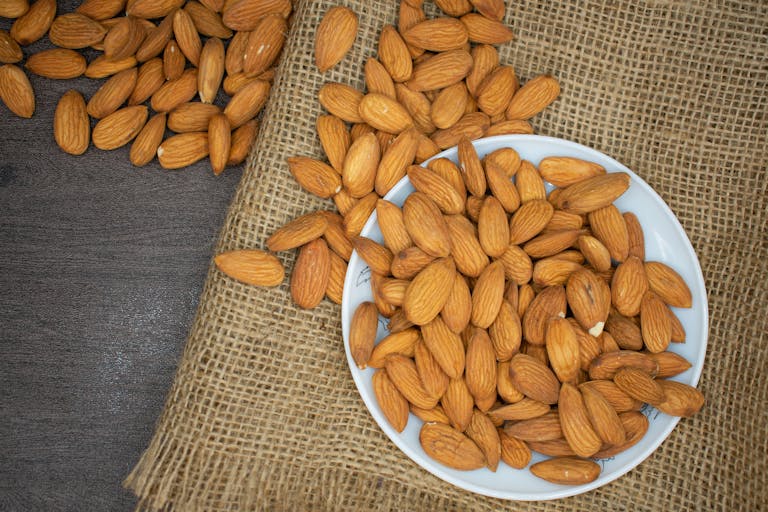Top 10 Important Health Prevention Strategies Before Autumn
As the summer sun begins to wane and the crisp air of autumn approaches, it is essential to focus on health prevention of common seasonal ailments and to prepare our bodies for the fluctuations in weather. Autumn, with its picturesque foliage and cooler temperatures, can also bring about a range of health-related challenges. The transition from the warmer months to cooler temperatures can lead to an uptick in colds, allergies, and other health issues. Here, we present ten essential health prevention strategies to consider before the arrival of autumn.
HEALTH PREVENTION:
1. Boost Your Immune System
As the seasons change, your immune system may need an extra boost. To fortify your defenses, focus on a well-rounded diet rich in fruits, vegetables, whole grains, and lean proteins. Foods high in vitamins C and D, such as citrus fruits and fatty fish, can enhance immune function. Additionally, consider incorporating immune-boosting supplements like zinc and echinacea after consulting with a healthcare professional.
2. Get Vaccinated
The onset of autumn signals the beginning of flu season. To protect yourself and those around you, schedule your annual flu vaccination. The flu vaccine is your first defense against the influenza virus, which can cause severe illness. Additionally, if you are in a high-risk group or feeling under the weather, consider consulting your healthcare provider about the pneumonia vaccine or COVID-19 booster shots.
3. Stay Hydrated
As temperatures begin to cool, many people tend to neglect their hydration needs. However, staying well-hydrated is vital year-round. Dehydration can lead to fatigue, headaches, and poor concentration. Aim for at least eight 8-ounce glasses of water daily, and remember that hydration needs may increase with physical activity and the dry air that autumn can bring.
4. Optimize Your Sleep Routine
Shorter days and longer nights can disrupt your sleep cycle. Establishing a restful evening routine can help your body adjust to the changing season. Create a conducive sleep environment by keeping your bedroom dark, cool, and quiet. Limit screen time at least an hour before bed, and consider herbal teas or relaxation techniques to help you unwind.
5. Address Seasonal Allergies
For many, autumn kicks off allergy season due to heightened levels of mold spores and ragweed pollen. If you are prone to allergies, take proactive measures such as monitoring pollen counts and keeping windows closed on high-pollen days. Over-the-counter antihistamines and nasal corticosteroids can help alleviate symptoms. Additionally, consider daily nasal irrigation to flush out allergens.
6. Embrace Regular Exercise
Maintaining an active lifestyle is crucial for overall health, especially during the transition into autumn. Regular physical activity supports immune function, reduces stress, and helps to maintain a healthy weight. Aim for at least 150 minutes of moderate-intensity exercise each week. Take advantage of the cooler temperatures to engage in outdoor activities like hiking, cycling, or brisk walking.
7. Prioritize Mental Health
The change in seasons can affect mental health, often resulting in feelings of sadness or seasonal affective disorder (SAD). Prepare by establishing a routine that includes exposure to natural light, which is vital during shorter days. Consider incorporating mindfulness practices, such as meditation or yoga, to bolster mental resilience. If you find yourself struggling, do not hesitate to seek support from mental health professionals.
8. Practice Good Hygiene
Cold and flu viruses can spread easily during the autumn months. Practicing good hygiene is essential in minimizing your risk of infection. Regular handwashing with soap and water, using hand sanitizer, and keeping surfaces disinfected can help prevent the transmission of viruses. It’s also wise to avoid close contact with those who display symptoms of illness.
9. Reevaluate Your Diet
Autumn brings an abundance of harvest foods, and it’s an excellent opportunity to integrate nourishing, seasonal ingredients into your diet. Consider foods like squash, apples, and Brussels sprouts, which are not only flavorful but also packed with nutrients. Be mindful of your sugar intake, particularly with fall treats and holiday indulgences on the horizon, and strive for balance.
10. Prepare for Winter Wellness
Finally, autumn is the perfect time to lay the groundwork for winter health. This means reviewing your health goals, scheduling annual check-ups, and ensuring you have a plan for maintaining wellness through the winter months. Consider exploring local health fairs or wellness programs to educate yourself on maintaining health in colder conditions, looking into community services that can provide resources as winter approaches.
Conclusion
As autumn arrives, taking proactive steps for health prevention is not just wise; it’s essential for ensuring a vibrant and healthy transition into the colder months. By boosting your immune system, getting vaccinated, staying hydrated, and making mindful lifestyle choices, you can set yourself up for success. Remember, the changes we make today will reverberate through the months to come, keeping our mind and body resilient against the challenges that come with the beautiful season of autumn. Prioritize your health, and the rewards will be plentiful as you indulge in the seasonal beauty that autumn has to offer.






